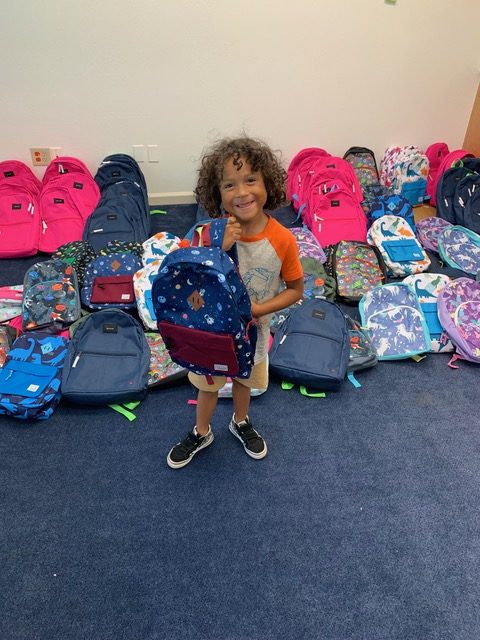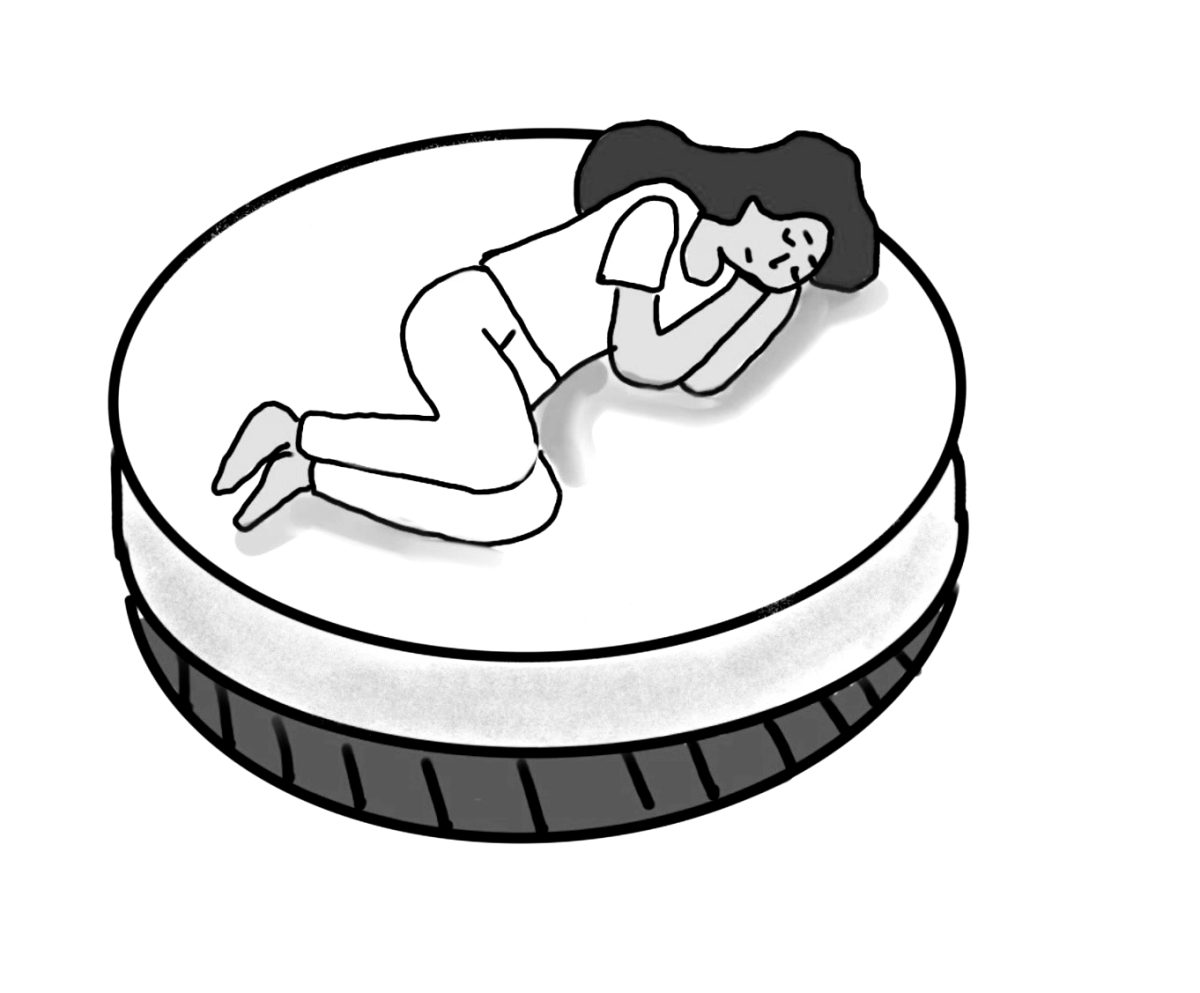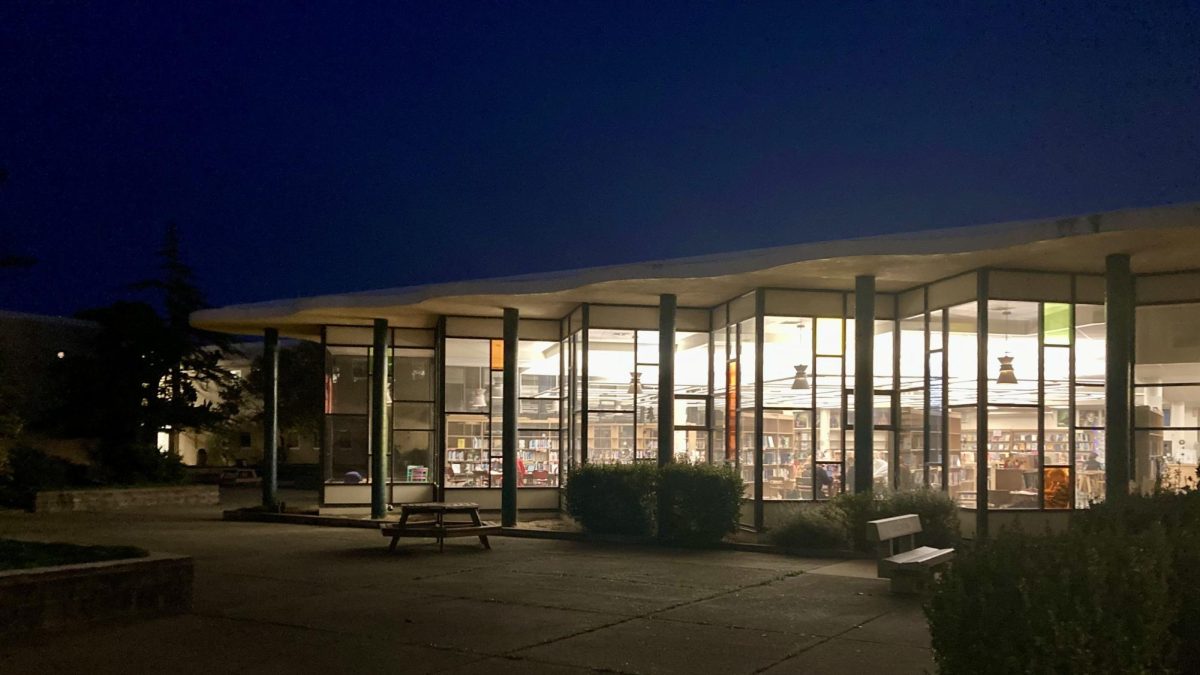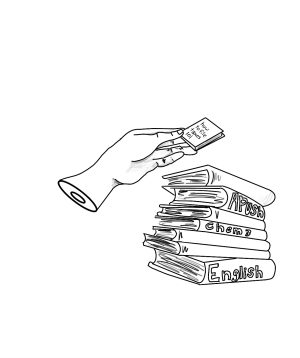Is ChatGPT taking over the classroom?
February 11, 2023
Did spell check weaken students’ spelling? Did Grammarly ruin sentence structure? Did Speechify reduce students’ reading abilities? No. In fact, each of these artificial intelligence (AI) tools improved students’ capabilities and increased teachers’ expectations for the quality of student work. Nonetheless, there was widespread concern on high school and college campuses when these new tools were first introduced.
There has been even greater anxiety in the educational sector since November 2022 when OpenAI introduced the ChatGPT chatbot to the world via its website. OpenAI is the artificial intelligence research laboratory and company that developed ChatGPT.
ChatGPT is a natural language processing tool that uses data from various internet sources to research and answer questions by writing essays, poems, songs and software code. Using ChatGPT is fairly simple. All that is required is to type in a question on any topic and, in a matter of seconds, it will respond in full sentences that appear to be written by a human.
As a result, teachers across the country are worried about student plagiarism on assignments and tests. Like many other high schools, Redwood promptly banned the OpenAI website on its Chromebooks. Redwood’s educators, including history teacher Nickolai Butkevich, are also grappling with the implications of this new tool.

“Right now, I’m in a defensive crouch, and I’m freaking out a little bit, trying to limit the damage more than anything else,” Butkevich said.
Computer science teacher Richard Foldenauer is concerned as well. Foldenauer worries about students using ChatGPT to write or debug code.
“You would not want to make it easier for [students] to copy others’ ideas — that is pernicious because then students do not think about what they are doing,” Foldenauer said. “Generally, copying code or getting it from somewhere else short circuits the whole thinking process.”
Some students are similarly concerned about the effects of the ChatGPT tool. Junior Jake Southern believes ChatGPT gives an unfair advantage to those who use it.
“You have students trying to do the best work they can, and they’re probably going to end up with a lower grade than someone with an AI tool that can write a professional essay in a matter of seconds,” Southern said. “You could have an Advanced Placement class with a couple of kids cheating the system to get that A [grade].”
Beyond plagiarism, there is widespread unease among educators that ChatGPT will make students worse writers as well. Evidence already suggests that American teens generally do not have strong writing capabilities. According to the National Assessment of Educational Progress (The Nation’s Report Card), only 27 percent of high school seniors scored at or above the proficient level in writing.
Not all teens are rushing to use ChatGPT though, including junior Varun Sanjev.
“I have not used ChatGPT for any of my writing assignments because that gets rid of the point of school, which is to learn skills,” Sanjev said.
But ChatGPT is causing educators to question the importance of writing skills versus critical thinking skills. After all, what is the value of writing if you do not have anything original to convey?
ChatGPT’s ability to quickly find and compile data could enhance a student’s ability to evaluate original evidence and different viewpoints. For instance, a student should be better able to understand a historical event or assess different perspectives to arrive at a unique conclusion.
So although many teachers are concerned about the short-term consequences of the tool, some are also enthusiastic about the future possibilities ChatGPT could offer students.
“I think it will enhance learning [by] making students better researchers,” Butkevich said. “It will allow us to focus on what really matters as far as critical thinking and putting information together in a way that makes sense to present an argument.”
With ChatGPT, students will be able to demonstrate a greater understanding of the topic and ultimately draw conclusions based on their own unique reasoning process. Consequently, ChatGPT could help students focus more on what they are thinking rather than how well they are communicating those thoughts. This tool could elevate students’ academic performance and critical analysis skills beyond what is currently demanded in school.
Also, teachers may be able to use ChatGPT to generate lesson plans, class materials and different prose for students to evaluate and edit. Butkevich believes that his curriculum could become more creative and engaging as a result.
Students like Sanjev believe that ChatGPT has to be integrated into the curriculum and blocking it on the Chromebooks does not make sense.
“Teachers’ plans should be changed and worked around ChatGPT,” Sanjev said. “It’s going to be something that is used in the future and everyone’s going to have to learn how to use it eventually. Right now the school is just delaying the inevitable.”
Since basing a student’s grade solely on a paper, piece of code or online final exam may no longer be appropriate, teachers will likely have to turn to other evaluation methods such as oral exams.
There is little doubt that ChatGPT represents a revolutionary educational change. It also represents an opportunity for students and teachers to improve their learning and teaching in ways yet to be identified.







